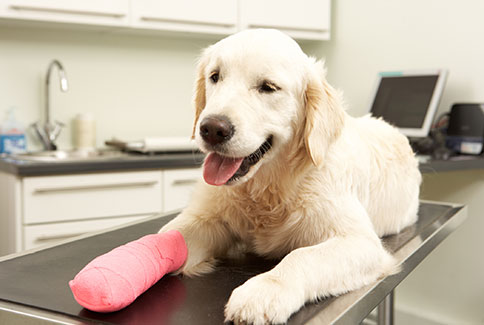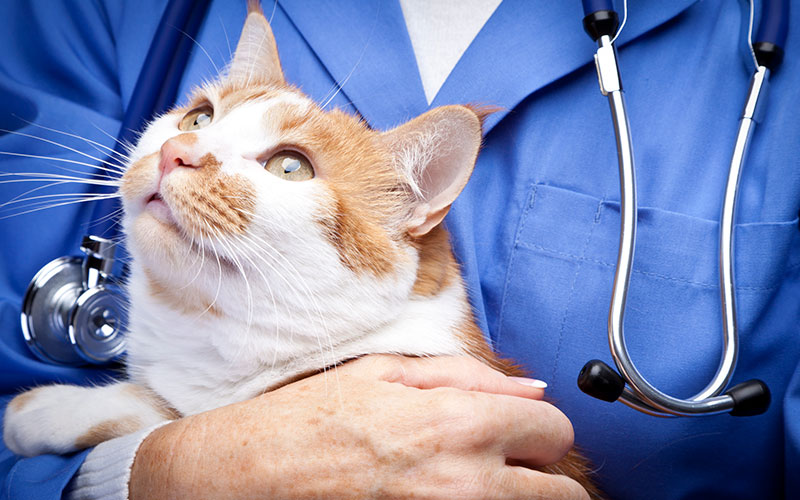How Pet Surgery Can Help Your Pet
Pet surgery is an important part of veterinary health care. It can correct certain conditions that can take a toll on your pet's quality of life, and even prevent others. At Beaver Brook Animal Hospital, our veterinarians perform a wide range of soft tissue procedures and some orthopedic procedures. Furthermore, we work with a board-certified veterinary surgeon to perform more complicated surgeries within our hospital. You can also expect the highest level of safety and comfort for your dog or cat from start to finish.

Anesthetic & Surgical Safety
Safety for your companion is a top priority for our veterinary team. We start our safety protocols prior to surgery with a thorough physical exam to check for fever or other abnormalities. We'll also perform pre-anesthetic blood work to ensure your pet’s organs are functional and healthy. Once your pet is cleared for their surgical procedure, we take several precautions that minimize risk and maximize success. These include:
- An IV catheter to keep your pet hydrated, regulate their blood pressure, and administer any other medications quickly and efficiently
- Extensive monitoring equipment to track your pet’s vitals including heart rate and rhythm, respiration rate, body temperature, pulse oximetry, carbon dioxide levels and more
- A dedicated surgical technician who closely monitors your pet from the beginning of surgery through their in-hospital recovery
- Pain medications before, during, and after surgery to reduce pain and inflammation and speed recovery
- Laser therapy treatment at the end of the procedure to further reduce pain and promote healing
Soft Tissue & Orthopedic Surgery
Our veterinarians are skillful in performing many soft tissue surgeries and some orthopedic surgeries, too.
Surgeries our vets perform include:
- Spays and neuters
- Mass removals
- Foreign body removals
- Basic eye surgeries
- Exploratory surgery
- Abdominal surgery
- Cystotomies (bladder surgery)
- Torn CCL repairs
- And more
For more complex procedures such as fracture repairs, hip dysplasia corrections, and patella luxation repairs, your pet will see a board-certified veterinary surgeon. The surgeon is able to come to our hospital so you don’t have to worry about going elsewhere.
Post-Operative Care
No matter what type of surgery your pet undergoes, they’ll need adequate rest at home. We'll provide you with specific instructions for post-op care depending on the type of surgery. Yet, all pet owners can take these steps to minimize their pet's stress and discomfort:

If you think your companion would benefit from pet surgery, contact us today at (860) 757-3346 for a consultation!
- Be aware that the anesthesia will take some time to wear off completely. Since they will be groggy, make sure your pet is kept away from other pets who may entice them to play. Keep them in a quiet, small space such as their crate or a small pet-proof room.
- Offer your pet plenty of clean water during their recovery and continue to feed them as usual. However, they may not want to eat much during their first 24-hours at home. Give them time to regain their appetite.
- Administer any veterinary-prescribed pain medication according to the directions. Do not give your pet any human pain medications, as these can make your pet very ill. Call us at (860) 757-3346 if you have questions or need a prescription refill.
- Monitor your pet’s surgical incision for any signs of inflammation or infection. If you have any questions, call us!
- Keep your pet from any excessive activity for the first 10 days (or more, if directed) after surgery. This prevents any tearing or injury to their surgical site.
- Talk to your veterinarian about integrative pain management options such as laser therapy, chiropractic, or acupuncture to further support your pet’s healing and comfort.
